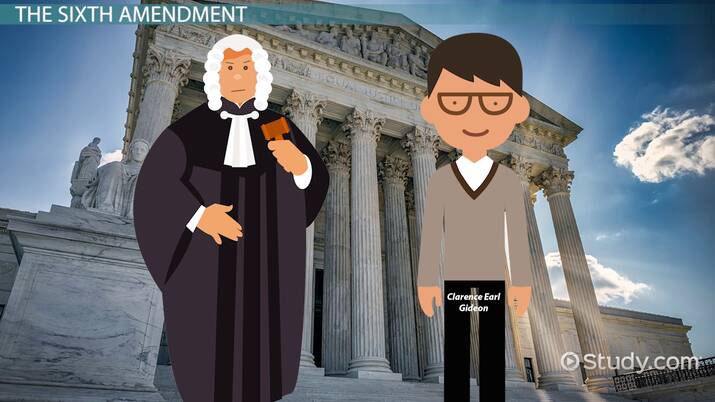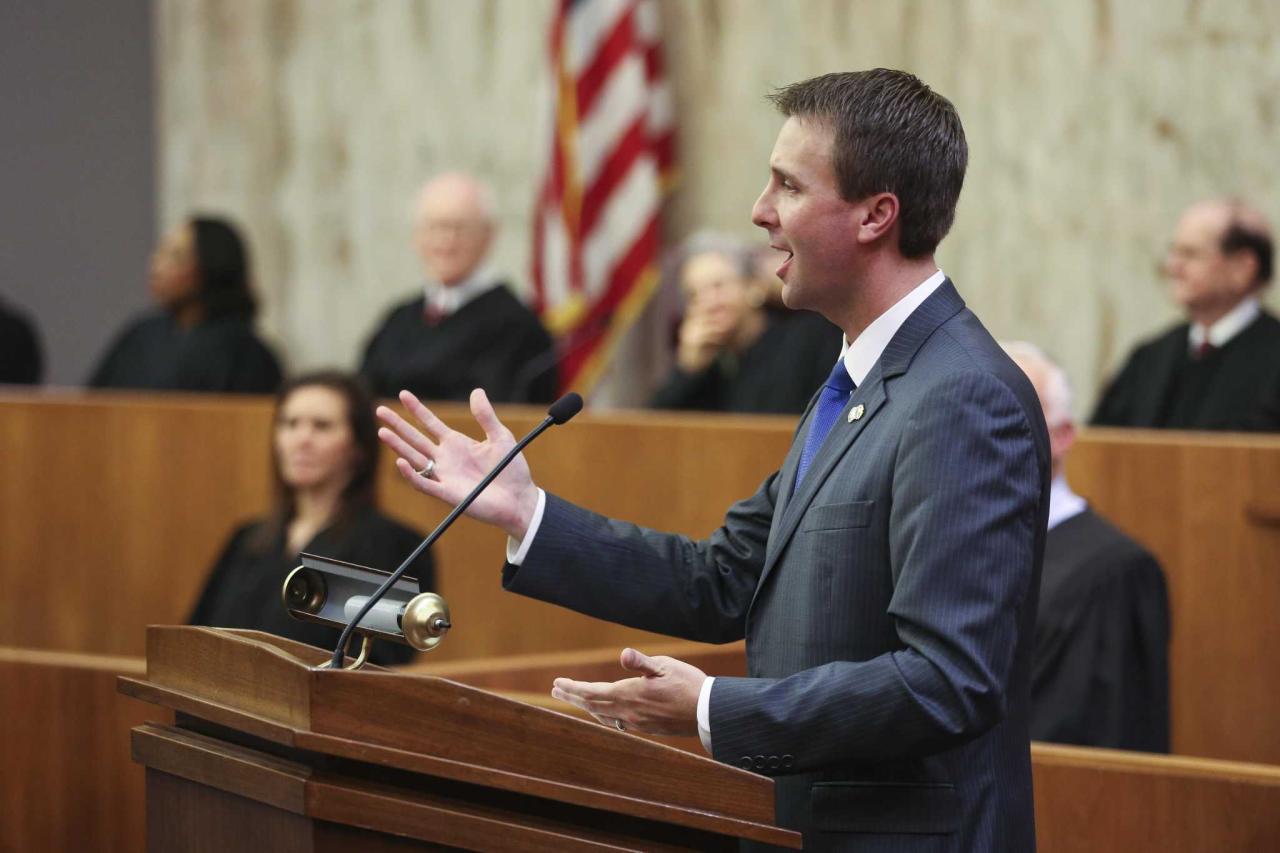
Alternatives to Court-Appointed Attorneys

The traditional system of court-appointed attorneys has faced criticism due to concerns about the quality of representation provided to indigent defendants. As a result, various alternative models have emerged to address these concerns and improve access to justice for those who cannot afford private attorneys.
Public Defender Offices
Public defender offices are government-funded agencies that provide legal representation to indigent defendants. They are typically staffed by experienced attorneys who specialize in criminal defense and have a deep understanding of the local legal system. Public defender offices offer several advantages, including:
- Guaranteed representation for all eligible defendants, regardless of the severity of the charges.
- Access to specialized resources and expertise, such as investigators and forensic experts.
- Consistency in representation, as public defenders are often assigned to the same cases throughout the proceedings.
However, public defender offices can also face challenges, such as:
- High caseloads, which can lead to overworked attorneys and limited time for individual cases.
- Political pressures, which can influence the decisions made by public defenders.
- Limited resources, which can restrict the scope of services provided.
Non-Profit Organizations
Non-profit organizations provide legal representation to indigent defendants through a variety of models, including:
- Direct representation: Non-profit attorneys directly represent clients in court and provide legal advice.
- Support services: Non-profit organizations may provide support services, such as case management, investigation, and expert witness assistance, to public defenders or private attorneys representing indigent defendants.
- Impact litigation: Non-profit organizations may engage in impact litigation to challenge systemic issues that disproportionately affect indigent defendants.
Non-profit organizations offer several advantages, including:
- Flexibility and adaptability to meet the specific needs of indigent defendants.
- Access to specialized expertise in particular areas of law, such as immigration or mental health.
- Advocacy for systemic reforms that improve the criminal justice system for all.
However, non-profit organizations can also face challenges, such as:
- Limited funding, which can restrict the scope of services provided.
- Competition for resources with other non-profit organizations.
- Lack of recognition and support from the criminal justice system.
Pro Bono Programs
Pro bono programs connect volunteer attorneys with indigent defendants who need legal representation. These programs can take various forms, such as:
- Matching services: Organizations that match volunteer attorneys with eligible defendants.
- Clinics: Pro bono clinics provide legal advice and representation to indigent defendants on a limited basis.
- Referral programs: Bar associations or legal aid organizations that refer indigent defendants to volunteer attorneys.
Pro bono programs offer several advantages, including:
- Access to experienced and skilled attorneys who donate their time.
- Flexibility and adaptability to meet the specific needs of indigent defendants.
- Community involvement and support for the criminal justice system.
However, pro bono programs can also face challenges, such as:







